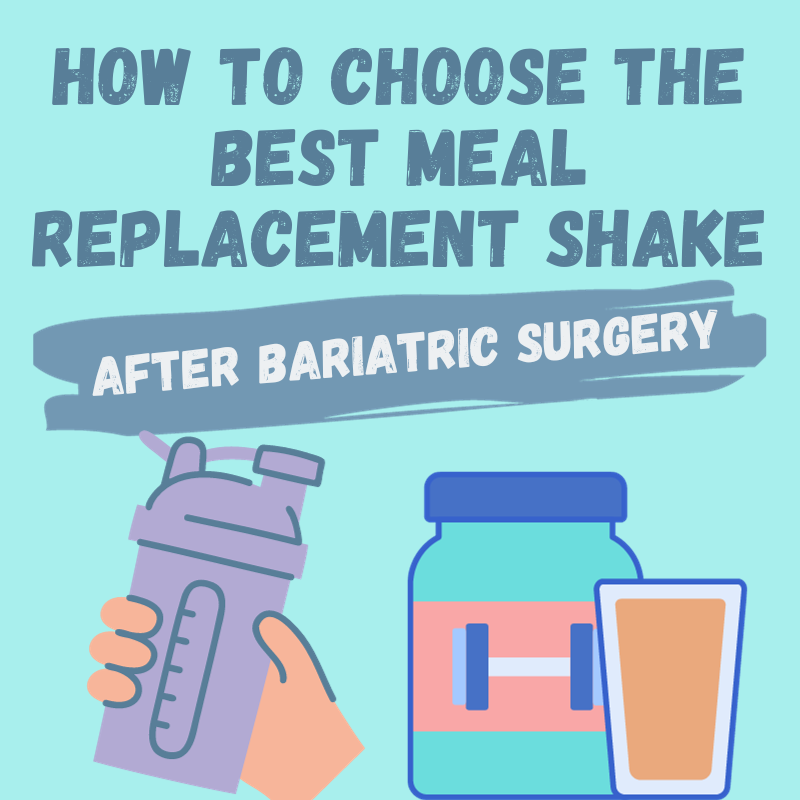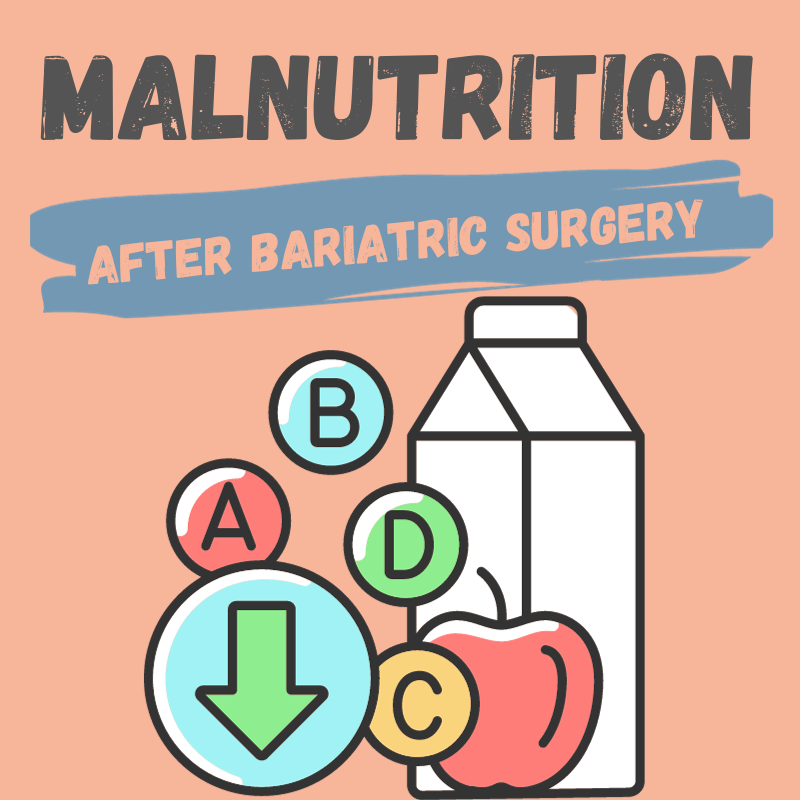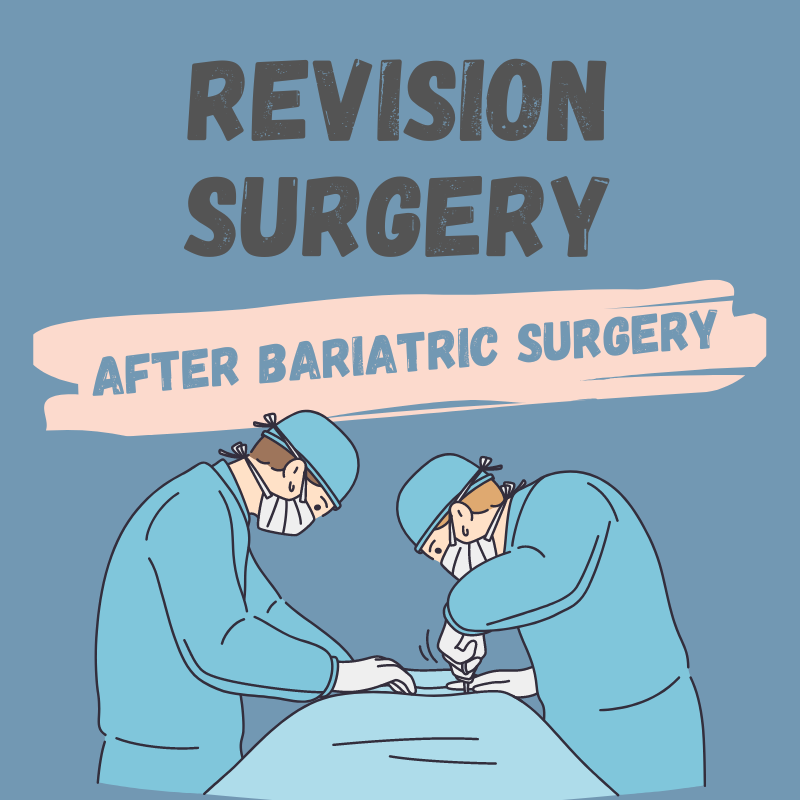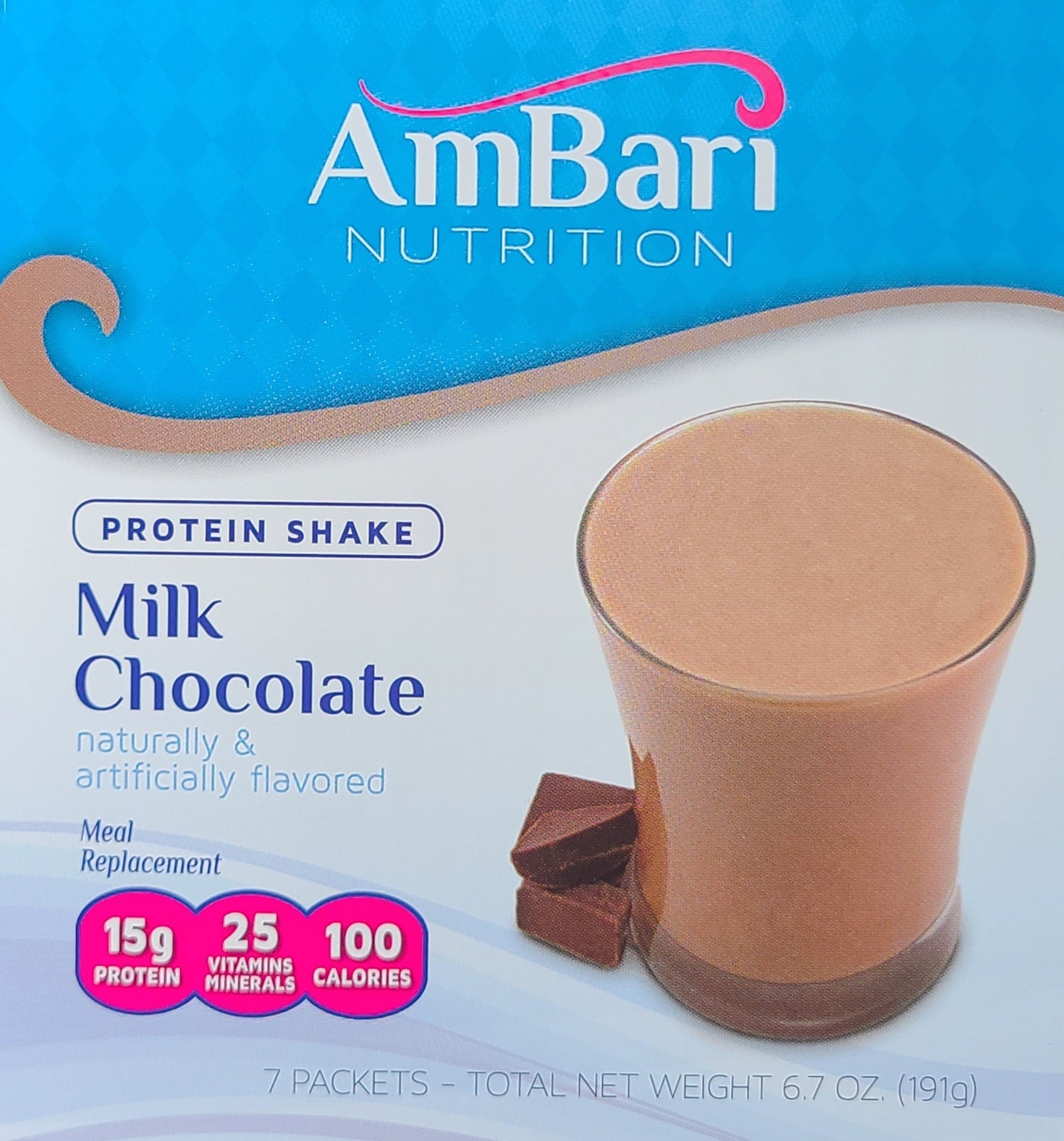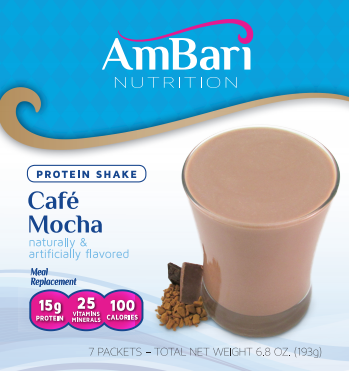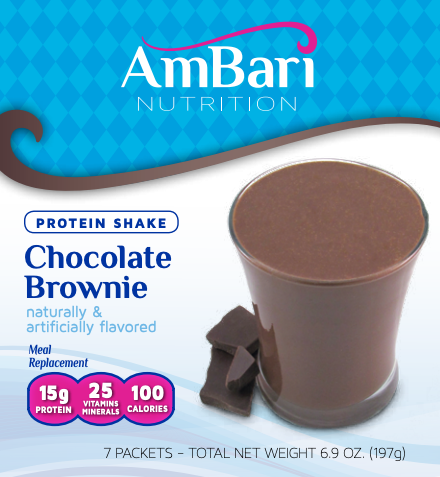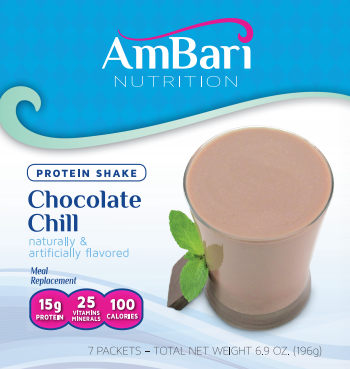Your cart is empty
Ultimate Guide to Gastric Sleeve Surgery: What To Expect
What is Gastric Sleeve Surgery?
Gastric sleeve surgery, also known as sleeve gastrectomy, is a type of bariatric surgery that helps people with severe obesity lose weight. It works by removing about 75% of the stomach, leaving a smaller, banana-shaped "sleeve" that restricts food intake.
"Gastric sleeve surgery is probably the most popular and effective weight loss procedures available today," says Dr. Kevin Huffman, a bariatric physician.
The surgery helps with significant weight loss and improved health in the first 1-2 years. According to Dr. Huffman, "Patients can expect to lose 50-75% of their excess body weight in the first 6-12 months." Gastric sleeve surgery also helps resolve many obesity-related conditions like type 2 diabetes, high blood pressure, sleep apnea, GERD, and more.
Gastric Sleeve Surgery Procedure Explained

The gastric sleeve procedure takes 1-2 hours and is performed laparoscopically, meaning through tiny incisions using a camera for guidance. Here are the basic steps:
- General anesthesia is administered to keep the patient comfortable and pain-free.
- The surgeon makes 5-6 small incisions in the abdomen.
- Using a special surgical tool, a large portion of the stomach is removed, leaving only the banana-shaped "sleeve" which has a much smaller capacity.
- The incisions are closed with absorbable sutures.
Patients typically spend 1-3 days recovering in the hospital before they can go home. It may take up to 4-6 weeks before most patients feel able to return to work and normal activities. Support from family and friends is very helpful during recovery.
| Typical Hospital Stay | 1-3 days |
| Return to Work | 2-6 weeks |
| Back to Exercise | 4-6 weeks |
Requirements to Qualify for Gastric Sleeve Surgery
Every bariatric surgery program has its own requirements, but typical eligibility guidelines include:
- BMI over 40, or 35-40 with obesity-related health issues
- Being between 18-65 years old
- Completing necessary medical, psychological, and behavioral evaluations
- Demonstrating commitment to making needed lifestyle changes
Expected Weight Loss from Gastric Sleeve Surgery
With major restriction on food intake from the much smaller stomach "sleeve", significant weight loss occurs for most patients in the first 1-2 years after surgery. Many see 50-75% of their excess body weight lost during this time.
"I lost over 100 lbs in my first year and went from a size 22 to a size 8," says Mary S., a gastric sleeve surgery patient.
Along with the weight loss in the first 12-24 months, patients often see remission of type 2 diabetes, sleep apnea, high blood pressure, and other weight-related diseases if present before surgery. This results in huge benefits to health and quality of life. Maintenance of long-term weight loss depends on making the necessary dietary, exercise, and lifestyle changes.
Diet and Lifestyle Changes After Surgery
After surgery, the gastric sleeve allows only small amounts of food to be eaten comfortably at one time. It's critical to follow the bariatric diet guidelines from your nutrition team including:
- Eating small, protein-rich meals frequently throughout the day
- Staying hydrated and avoiding drinking during meals
- Taking supplements to prevent malnutrition and nutrient deficiencies
- Avoiding high fat, high sugar foods which can cause dumping syndrome
Making healthy food choices focused on lean protein, fruits, vegetables, and whole grains is key for losing weight after surgery. Support groups and the team dietitian also provide help and education for the lifelong nutrition changes required after bariatric surgery. Learning how to eat well-balanced meals and obtaining proper nutrition is crucial for long-term weight maintenance.

Regular exercise and physical activity is also an important part of life after bariatric surgery for sustainable weight loss results. Walking, swimming or water workouts are great low-impact exercise options. Most patients feel ready to exercise after full recovery from surgery, usually around 4-6 weeks.
Potential Risks and Complications from Gastric Sleeve Surgery
While major complications are uncommon, gastric sleeve surgery still carries some risks. Potential short and long term risks include:
- Bleeding, blood clots
- Infection
- Leaks or tears in stomach/intestines
- Vomiting, nausea, gastroesophageal reflux (GERD)
- Gallstones
- Ulcers
- Hernias
A small percentage of patients (5-15%) may require additional surgery for complications or conversion to another bariatric procedure if adequate weight loss is not achieved. Close follow up care, adherence to post-op guidelines, and making the recommended lifestyle changes can help minimize risks and achieve optimal results. Discuss any specific concerns and your complete medical history with your bariatric surgery team.
“It’s important to follow your surgeon’s advice and be aware of any signs of potential complications to address them promptly,” emphasizes Dr. Huffman
Make sure you fully understand the complications after surgery and know what signs to watch out for during your recovery. Report any unusual symptoms to your bariatric surgery center promptly.
Costs and Insurance Coverage for Gastric Sleeve Surgery
The total costs for sleeve gastrectomy surgery averages $17,000-$30,000 depending on your location and individual factors. Many major insurance plans now cover bariatric procedures like gastric sleeve, although approval is required and coverage varies. Out-of-pocket costs are usually higher if complications occur so it’s wise to have contingency savings. Financing options are also available through reputable bariatric centers and third party medical loan providers.
Here are some tips for getting insurance coverage for your weight loss surgery:
✔️ Have your doctor submit documentation of medical necessity
✔️ Get referrals from your primary care doctor and/or specialists
✔️ Ask your surgeon’s office to assist with the authorization process
✔️ Be prepared to provide extensive medical records, meet requirements from insurer
Finding a Qualified Bariatric Surgeon
Choosing an experienced, high-volume bariatric surgery center and surgeon is critical for best results and lowest complication rates. Here are important factors to consider:
- Years of experience performing bariatric procedures
- High volume center that does >100 weight loss surgeries annually
- Meticulous safety record and surgical standards
- Full accreditation (e.g. MBSAQIP)
- Multi-disciplinary support from dietitians, psychologists etc.
Be sure to ask plenty of questions before selecting a surgeon. Understand their specific complication rates, expected weight loss results, follow up care protocols and more. Finding the right surgical team gives you the best chance for successful, low-risk gastric sleeve surgery.
Frequently Asked Questions About Gastric Sleeve Surgery
Q: Is gastric sleeve surgery reversible?
No, reversing a sleeve gastrectomy is very challenging and not recommended. However, it can potentially be revised or converted to a different bariatric surgery like gastric bypass or duodenal switch if necessary.
Q: Can you stretch out the gastric sleeve or gain the weight back?
It is possible to gradually stretch your sleeve and regain some weight eventually if you frequently overeat. That’s why closely following post-op diet guidelines and making sustainable healthy lifestyle changes is so essential for keeping weight off long-term.
Q: What are the pros and cons of gastric sleeve surgery?
Watch this gastric sleeve surgery pros and cons overview: pros and cons of bariatric surgery.
Q: How does gastric sleeve surgery compare to gastric banding procedures?
Here is some information comparing these two main types of bariatric surgery: gastric banding surgery.
Q: Will insurance cover the gastric sleeve procedure?
Many major insurers do cover sleeve gastrectomy surgery, but approval depends on meeting their clinical criteria and documenting that non-surgical weight loss efforts have failed. Utilize all the appeals processes available and get support from your bariatric surgery center to maximize chances for insurance authorization.
Conclusion
We hope this guide gave you a comprehensive overview of everything you need to know about gastric sleeve surgery. It can provide exceptional weight loss results and improve obesity-related diseases when performed by an expert bariatric surgery team. Make sure to select your surgeon carefully, follow all pre and post-op guidelines, and be committed to making the necessary dietary, exercise and lifestyle changes after surgery. Gastric sleeve procedures do carry some risks so maintain open communication with your bariatric center about any questions or concerns.
Read Next: The Best Bariatric Protein Shakes
Author: Allison Allison, a certified nutritionist and research author, brings over 15 years of experience in the health and weight loss industry. Allison's influence extends through her authorship of multiple health and wellness journals, where she shares her expertise and research on medical weight loss and bariatric medicine. |
Reviewed & Edited By: Dr. K. Huffman Dr. Kevin D. Huffman, D.O., is a board-certified bariatric physician renowned for his expertise in treating obesity. With over 10,000 patients and a reputation as a national leader in bariatric medicine, he has trained hundreds of healthcare providers. As the founder of American Bariatric Consultants, Dr. Huffman develops protocols and training materials sought after by medical societies, pharmaceutical companies, patients, and hospitals. |
Bariatric Guides & Information
More Info
Customer Favorites
- Choosing a selection results in a full page refresh.










